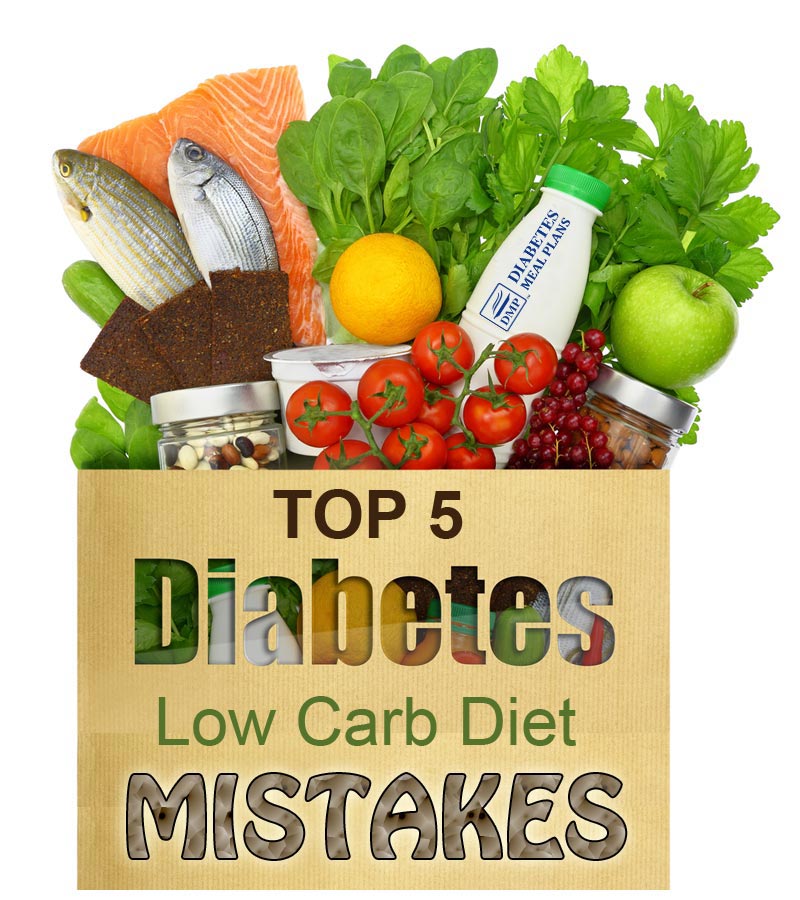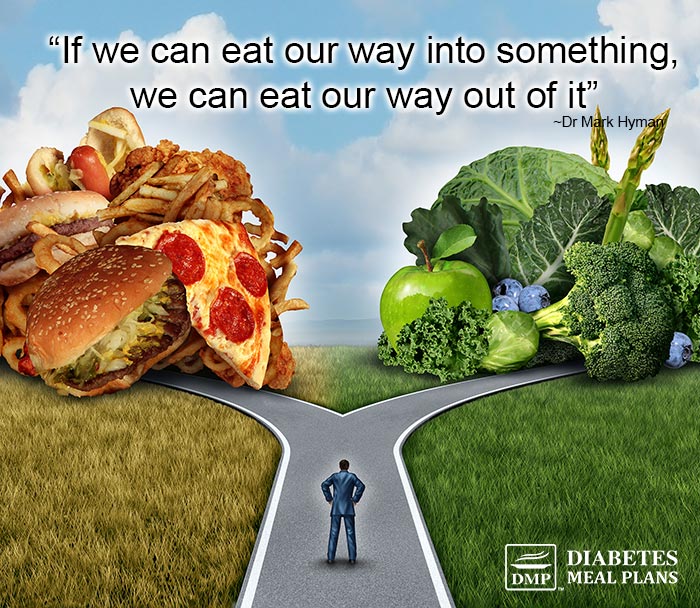A diabetic low carb diet is one of the best ways to get results with blood sugar and A1C. But, when switching over you may be wondering if there is anything you might get wrong.
And even if you’ve been eating low carb for a while, you may not be getting the results you want, or feel like things could be a bit better, move a bit faster.
That’s why we’re going to cover the top 5 diabetic low carb diet mistakes. With these tips, you’ll soon uncover any pitfalls and get yourself on the right track.
1.You’re Eating Too Much Protein
Protein is good for us and despite what you may have heard about lowering your protein intake, protein is perfectly fine for diabetics to eat.
For example, a 12 month trial from 2014 on type 2 diabetics with albuminuria and early renal dysfunction (kidney problems), assessed if a 30% protein intake compared to a standard 20% protein intake made any difference to weight loss, renal function (kidneys), or metabolic parameters. The study showed that the higher protein diet had no negative effects, having comparable outcomes to the standard 20% protein diet.
The dietary guidelines have no standard protein intake, ranging anywhere from 20-35% intake. Studies also show that protein is satiating, meaning it makes you fuller and keeps you fuller longer. It also helps increase metabolism and fat burning potential.
But, you can’t just live on protein, you have to eat vegetables as well. And that’s one area many people go wrong. They lower carbs and just eat more protein, instead of making sure to fill the carb gap with more veggies and have a balance between carbs, proteins and fats.
Which brings us to the next diabetic low carb diet mistake…
2. You’re Not Eating Enough Vegetables
What you really need to do when switching to a low carb diet is replace the high carb foods with other healthy carbohydrates – VEGETABLES!!
Most people don’t eat enough vegetables. Even if you’re eating some and feel like you’re loading up your plate, you could probably eat more. They are low in calories compared to bread or pasta, so naturally you will need more of them. And by volume, vegetables should make up the majority of your diabetic diet.
Vegetables contain loads of fiber, both soluble and insoluble, and the fiber helps fill you up, too.
Just remember, a low carb diet is not a no carb diet. You’re still eating carbs, but you’re getting all your carbs from healthy, nutrient dense veggies.
Eat as many veggies as you want from this list and get familiar with the best veggies to eat. When you choose the right carbs, you can keep munching on them (veggies) all day long if you want to.
Please pin, tweet or share this info, then keep reading. :)

3. You’re Going Crazy On Saturated Fat
You read the low carb diet was good and so was butter, coconut oil, sour cream and all those tasty fatty foods. Mmm…Yum.
Sure, fat is not your enemy. Carbs are! Especially the wrong types of carbs.
Here’s the thing…it’s normal to increase your fat intake if you decrease your carb intake. Again, fat is not the enemy. But, that doesn’t give you a free license to consume fat all day long. Meaning, one thing many people get wrong, wondering why they can’t shift weight is eating way too much fat and not enough veggies.
Like most foods, saturated fats can come from healthy (eg: meats and dairy) and unhealthy sources (eg: processed or deep fried foods).
Saturated fat from natural sources like meat and dairy is not the same as consuming saturated fat from hydrogenated oils and processed or fried foods. Natural sources of fat will hands down be better for you any time!
However, it is still saturated fat, so don’t go gorging on fatty cuts of meat all the time. And the same goes for coconut oil, butter, and full fat dairy.
While these are fine to eat on a low carb diet, they shouldn’t make up the largest portion of your diet – non starchy, fiber-filled vegetables should.
It’s also important to note that it is universally agreed by nutritionists, dietitians and researchers that vegetable forms of fat are better for our health. And, there is still some debate around saturated fat and insulin resistance /sensitivity. Therefore, monounsaturated and polyunsaturated fats are assumed to be better.
Monounsaturated fats – olive oil, avocado, almonds, olives.
Polyunsaturated fats – nuts and seeds, nut butters, fish, chicken.
4. You’re Eating More Carbs Than You Think
If you choose to follow a low carb diet you must stick to the guidelines.
You can’t eat a low carb diet – which naturally contains more fat – and also eat high carb foods (processed junk, bread, pasta, sugar) on a regular basis. Then you’re just eating a typical Western high carb, high fat diet, which really defeats the purpose.
That goes without saying for most diets we follow – it’s not a diet, it’s a way of eating. Make lower carb eating your lifestyle!
5. You’re Not Patient Enough
With any dietary change we often expect instant results.
I mean, I’ve started eating a low carb diet for a week now and my blood sugar numbers haven’t changed, I haven’t lost weight, or my numbers seem to be going up and down.
This is all normal!
With any change you need to be patient and give it 3 months to begin to see changes. It takes time for your body’s natural biochemistry to tick over and begins to reverse the changes that have occurred.

Did you get that: Give it at least 3 months!
Of course, in many cases changes can occur sooner, but if they don’t, don’t give up. Just keep on going and the results will follow.
Keep A Food Log
If in doubt on what you’re eating, one of the best things you can do is keep a food diary.
Write down everything you eat and drink and you will soon see some patterns and where you might be going wrong.
Often we think we’re eating better than we are. Or it may just be that you’re over or under doing something. In any case, use this guide to assess the areas that might be problematic and your food log will help reveal any problem areas.
While you’re here, grab our freebie pack with food list to help guide the way!

Thank you for this generous offer. Having recently been diagnosed with Type 2 diabeties, these will be really helpful.
Glad you are finding the information helpful! In case you are ever interested, our members find the weekly meal plans very useful for staying on track with their diet as well.